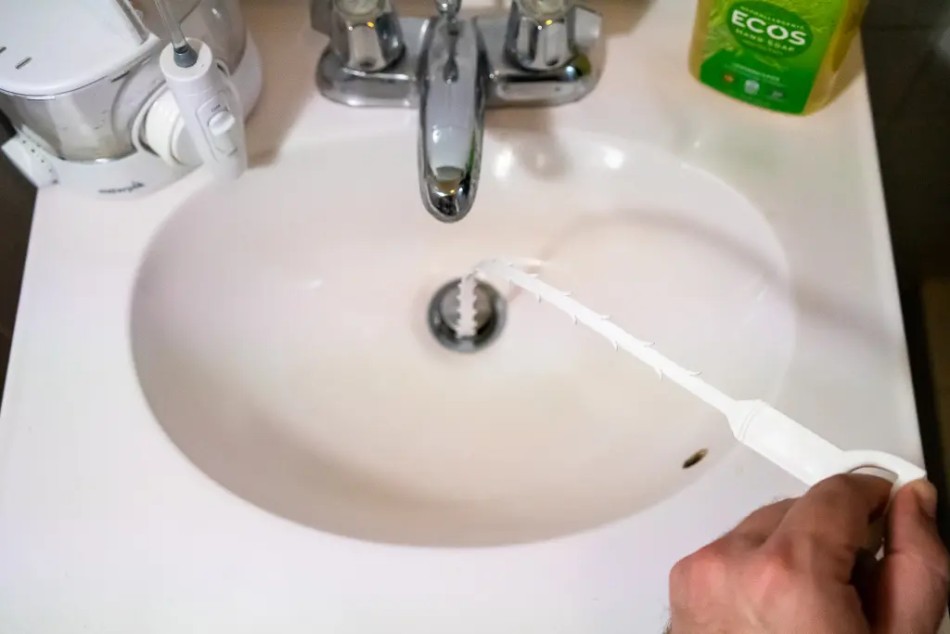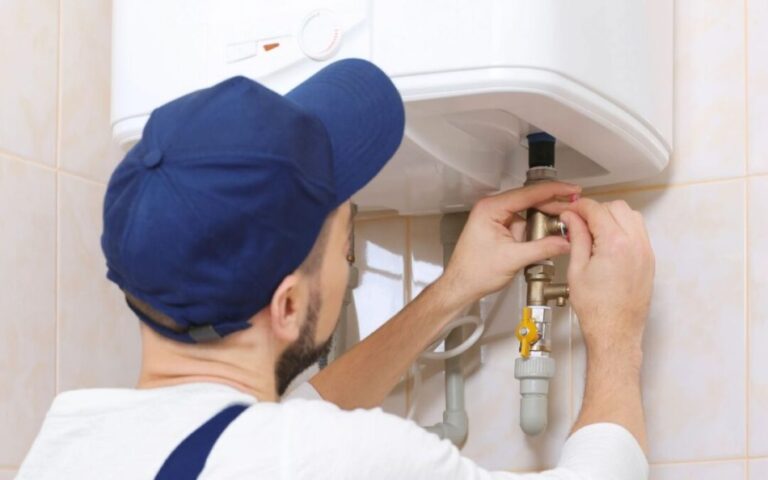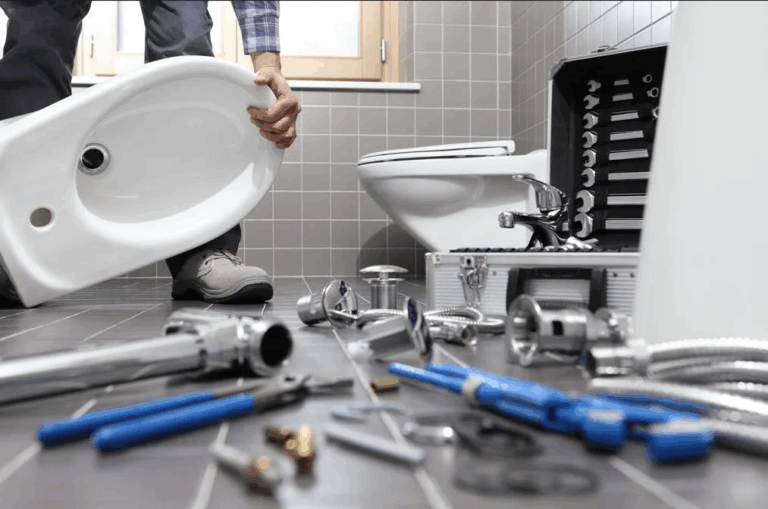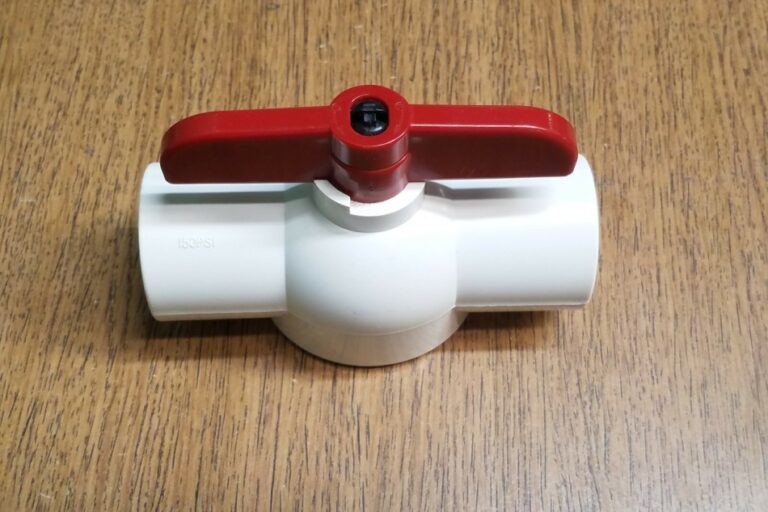A slow draining sink is defined as one that takes longer than two minutes to empty. If you’re facing this issue, there may be several underlying causes that need addressing. Let’s explore some effective solutions that you can try to get your sink flowing smoothly again.
Starting with the simplest options can often yield great results. Household items like vinegar and baking soda can be surprisingly effective for clearing clogs. Here’s a step-by-step guide on what you can do:
-
Clean the Sink Stopper
The sink stopper can trap hair and debris, which may accumulate and slow down drainage. Cleaning it is a straightforward process.
Here’s how to do it:
– Look under the sink at the pipe connection and locate the rod, nut, and clip.
– Use pliers to turn the nut to loosen it. Next, squeeze the clip to release the small rod, then lift the stopper out.
– Wipe down the stopper thoroughly with a rag to remove any grime.
-
Melt Away the Sludge
Slimy residue can coat the inside of your drainpipe, narrowing the passage and causing slow drainage. To break it up, use common household products:
– Pour one and a half cups of baking soda into the drain, followed by half a cup of white vinegar.
– The fizzing reaction will help break apart small clogs; just remember to block the drain with a rag to keep the mixture from bubbling out.
– Wait 15 minutes, then flush with boiling water to clear away the melted grime.
-
Use a Sink Plunger
If the clog resides deeper in the drain, it might not be reachable with basic tools. In that case, a sink plunger can be quite effective:
– Block the overflow hole in your sink with a rag, then position the plunger over the drain.
– Fill the basin with water, ensuring the plunger cup is submerged. Use quick, short plunging motions to push air down the drain.
– If the water starts to drain quickly, you’ve likely dislodged the clog.
A slow-draining sink tends to develop over time, so taking some preventive steps can help reduce the likelihood of future issues. Occasionally removing the stopper and pouring a mixture of table salt and vinegar into the drain can work wonders—follow up with boiling water to loosen any stubborn buildup.
Additionally, make it a habit to throw away loose strands of hair instead of rinsing them down the sink, as this can prevent clogs from forming.
We hope these practical tips help you resolve your slow drain problem. Are you ready to tackle it yourself at home?
Feel free to insert your name or any other personal touches you’d like to add!




